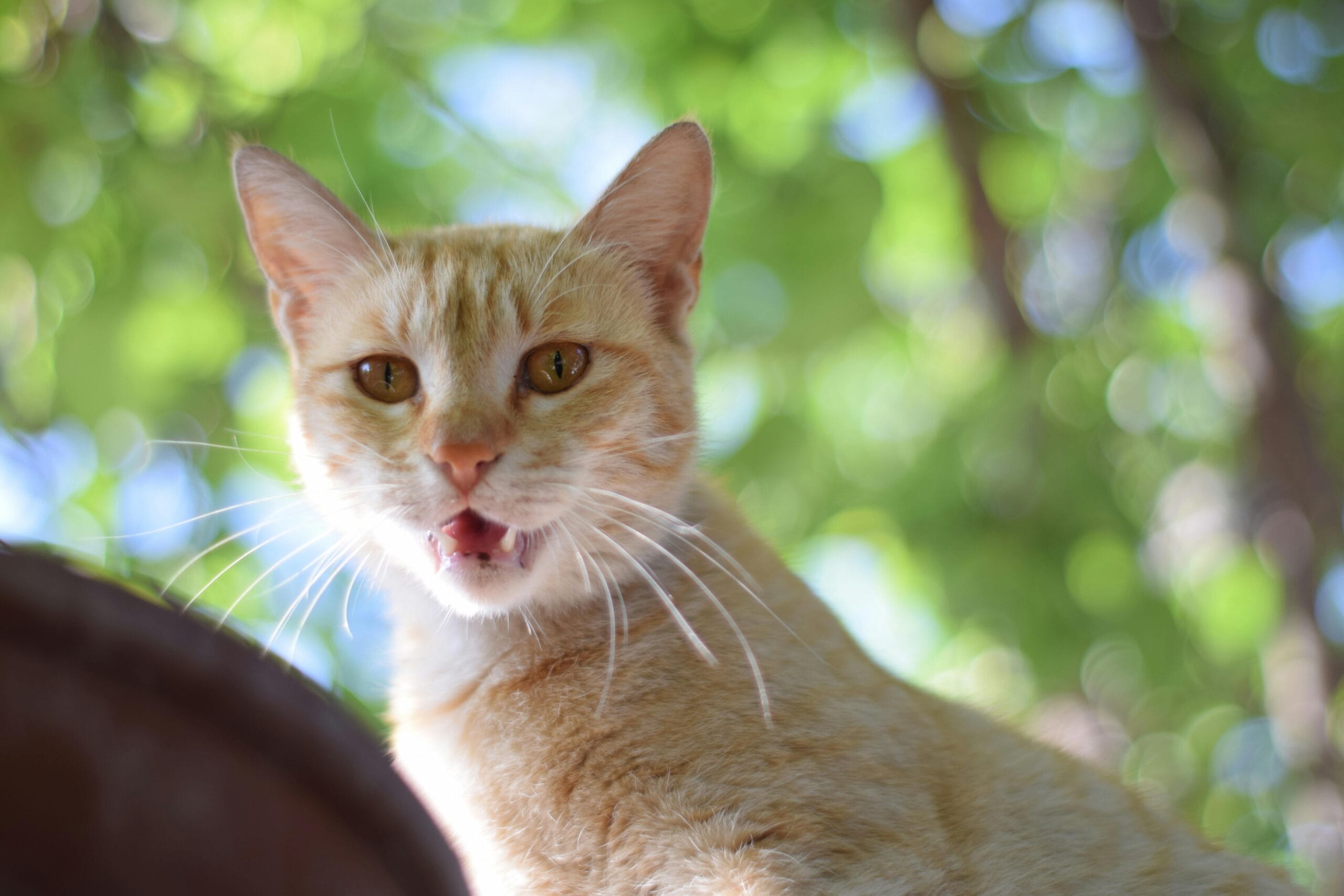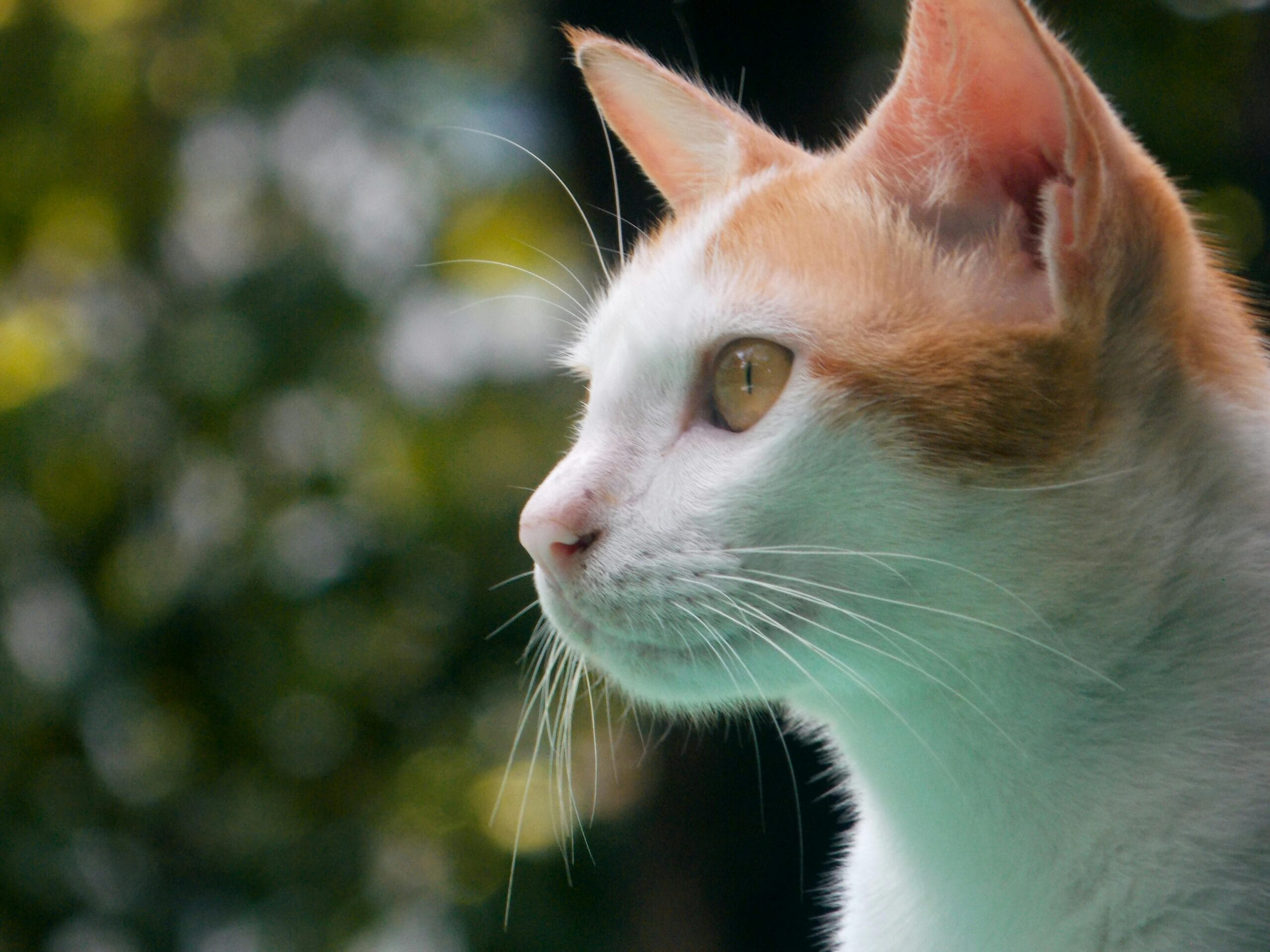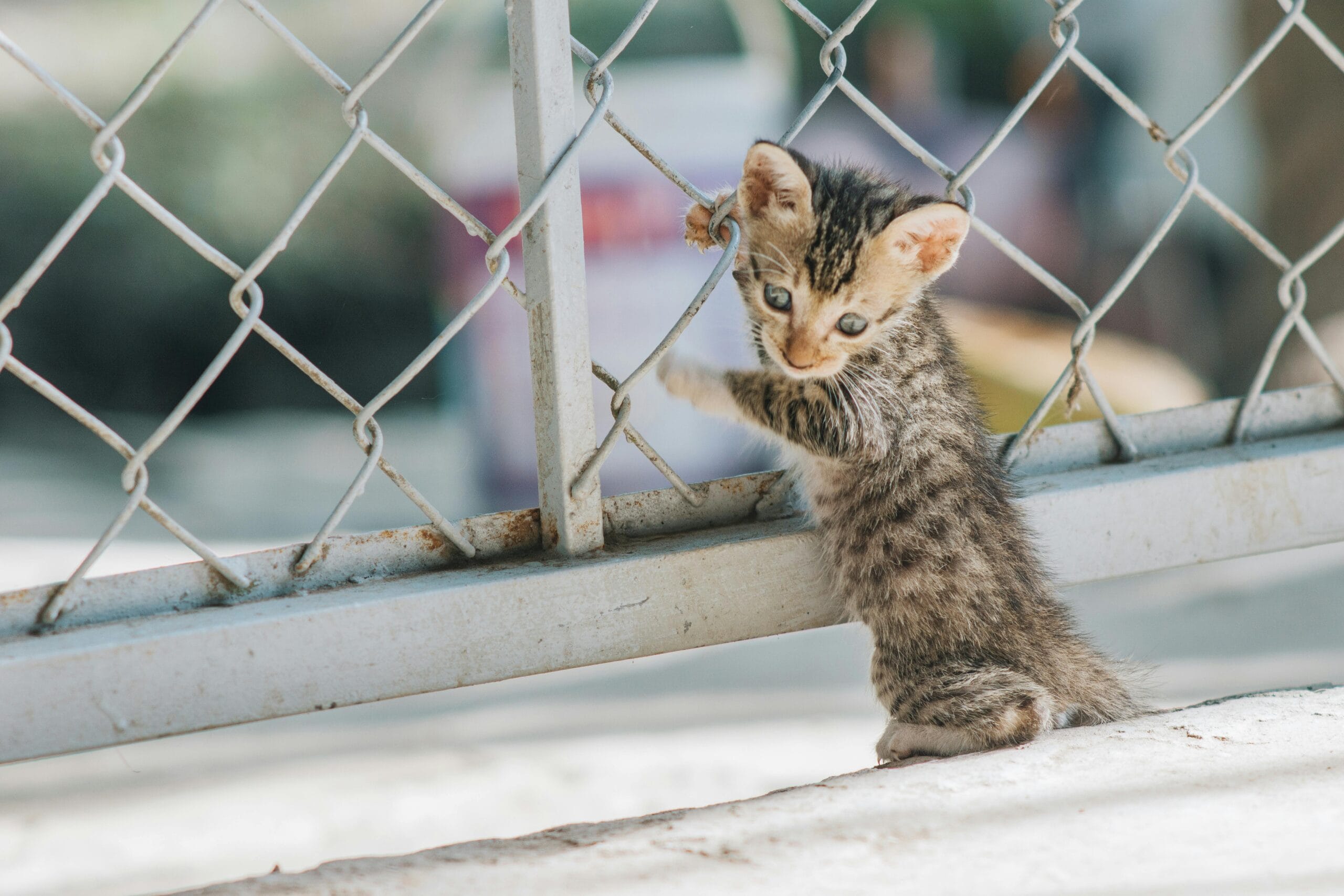Can Kittens Eat Adult Cat Food? Discover key differences between Kitten Food vs Adult Cat Food. Is Adult Cat Food bad for Kittens? Find out the risks and benefits in our comprehensive guide! Learn now!
Can Kittens Eat Adult Cat Food? A Comprehensive Guide
The question, “Can Kittens Eat Adult Cat Food?” is a common one among new kitten owners. The short answer is: generally no, it’s not recommended. While it might seem like a simple solution to feed your tiny ball of fluff the same food as your adult cat, there are crucial nutritional differences that make adult cat food unsuitable for kittens. This article dives deep into Kitten Food vs Adult Cat Food, exploring the nutritional needs of growing kittens and the potential risks of feeding them adult food. We’ll also address the question: Is Adult Cat Food Bad for Kittens?
The Nutritional Needs of Growing Kittens
Kittens are in a rapid growth phase, requiring significantly more calories and specific nutrients than adult cats. Their bodies are developing at an incredible rate, and the food they eat plays a vital role in their overall health and well-being. Kitten food is formulated to meet these increased demands, containing higher levels of protein, fat, and essential nutrients like taurine and arachidonic acid.
Protein is the building block for muscles, tissues, and organs. Kittens need a higher protein content than adult cats to support their rapid growth. Fat provides energy, crucial for their active lifestyles and developmental processes. Furthermore, essential fatty acids, like arachidonic acid, are vital for brain development and overall health. A deficiency in these nutrients can lead to stunted growth, weakened immune systems, and other health problems.
Think about it like this: imagine trying to build a skyscraper with substandard materials. The structure would be weak and prone to collapse. Similarly, feeding a kitten adult cat food can compromise their growth and development, potentially leading to long-term health issues.
Kitten Food vs Adult Cat Food: Key Differences
The difference between kitten and adult cat food isn’t just about the quantity of nutrients; it’s about the specific formulation. Kitten food is designed to be highly digestible and packed with the nutrients crucial for rapid growth. Adult cat food, on the other hand, caters to the maintenance needs of a fully grown cat. This often means a lower calorie density and a different balance of nutrients. Feeding your kitten adult food could lead to nutritional deficiencies, hindering their growth and impacting their long-term health.
Consider the following key differences:
- Higher Calorie Density in Kitten Food: Kittens need more calories to support their rapid growth.
- Increased Protein in Kitten Food: Essential for building muscle mass and tissues.
- Higher Fat Content in Kitten Food: Provides energy for their active lifestyles and brain development.
- Essential Nutrients: Kitten food often contains higher levels of taurine, arachidonic acid, and other crucial nutrients.
Ignoring these crucial differences can have serious consequences. A kitten fed exclusively on adult cat food might appear healthy initially but will likely suffer from growth retardation, weakened immune function, and increased susceptibility to illness. So, ensuring you’re providing the correct nutrition is paramount, especially during their early formative years. Learning when kittens become cats is also important to understand the transition in their dietary needs.
Is Adult Cat Food Bad for Kittens? The Potential Risks
Is Adult Cat Food Bad for Kittens? The answer is a resounding yes, especially in the long term. While a small amount of adult cat food might not cause immediate harm, consistent feeding of adult food can lead to several issues:
- Stunted Growth: Lack of essential nutrients can lead to smaller size and underdeveloped bones.
- Weakened Immune System: Nutritional deficiencies impair the immune system, making kittens more susceptible to illnesses.
- Developmental Problems: Insufficient nutrients can negatively impact brain development and other crucial organ systems.
- Weight Problems: Adult cat food might not provide enough calories for a kitten, leading to weight loss; conversely, some adult foods might be too rich in calories leading to obesity.
- Dental Issues: Some adult foods have larger kibble sizes, which can be difficult for kittens to chew properly leading to dental problems.
Furthermore, remember that even seemingly minor nutritional deficiencies can accumulate over time, leading to significant long-term health problems. This is why it’s crucial to feed kittens specially formulated kitten food from a young age. Choosing the right food is critical, and considering factors like the quality of kitten food plays a significant role in their overall well-being. Basic care is also essential, and it’s important to ensure your kitten is adequately hydrated by checking how much water your kitten is drinking.
Transitioning to Adult Cat Food: The Right Time
Eventually, your kitten will grow into an adult cat, and the transition to adult food needs to be handled carefully. This transition should ideally begin around the age of one year. However, this depends on the individual kitten’s size and development, so consulting your veterinarian is essential. A gradual transition allows your cat’s digestive system to adapt to the change in food. You should start by mixing a small amount of adult food with their kitten food and gradually increase the adult food proportion over several days or weeks.
Monitoring your cat’s bowel movements and overall health during this transition period is also very important. If you notice any digestive upset or changes in their stool, you might need to slow down the transition or consult your veterinarian.
Remember, the transition from kitten to adult food isn’t just about changing the food; it’s about carefully managing the shift in nutritional needs. This is vital for their continued health and longevity. And if you’re wondering about how much time you can leave your kitten alone, remember to check our guide on leaving kittens unattended.
Additional Resources and Expert Advice
For further insights into kitten nutrition, consult your veterinarian. They can provide personalized advice based on your kitten’s breed, age, and overall health. Your veterinarian can also recommend specific kitten food brands and advise on appropriate feeding amounts. Always consult your veterinarian before making significant changes to your kitten’s diet. The ASPCA also offers excellent resources on kitten care and nutrition.
Another valuable resource is the Vets Now website, which provides comprehensive information on various aspects of kitten health, including dietary guidelines.
Conclusion: Prioritize Kitten-Specific Food
In summary, while it might seem convenient to feed your kitten adult cat food, the nutritional differences are significant. Can Kittens Eat Adult Cat Food? The answer remains a cautious no. Is Adult Cat Food Bad for Kittens? Yes, it can lead to serious long-term health problems. Prioritizing a high-quality, kitten-specific food is crucial for your kitten’s healthy growth and development. Choosing the right kitten food, from the appropriate age and ensuring you’re handling your kitten safely such as by knowing when and how you can touch newborns is paramount. Remember, a healthy kitten today means a healthy cat tomorrow.
Leave a Comment!
Have you had any experiences with feeding kittens adult cat food? Share your insights and comments below! Let’s discuss Can Kittens Eat Adult Cat Food, and your personal experiences with Kitten Food vs Adult Cat Food. Your input can help other pet owners make informed decisions about their furry friends’ diets! Let’s build a community of knowledgeable cat owners!

Frequently Asked Questions: Can Kittens Eat Adult Cat Food?
- Can kittens eat adult cat food?
- No, it’s generally not recommended. While a small amount might not cause immediate harm, adult cat food lacks the crucial nutrients kittens need for rapid growth and development. Choosing the right Kitten Food vs Adult Cat Food is essential for their health.
- Is adult cat food bad for kittens?
- Yes, Is Adult Cat Food Bad for Kittens? It can lead to nutritional deficiencies, hindering their growth and potentially causing long-term health problems. Kittens require higher levels of protein, fat, and certain vitamins and minerals than adult cats.
- What’s the difference between kitten food and adult cat food?
- Kitten Food vs Adult Cat Food: Kitten food contains more calories, protein, and fat to support rapid growth. It also has higher levels of essential vitamins and minerals like taurine and calcium, vital for bone and eye development.
- My kitten accidentally ate some adult cat food. Should I be worried?
- A small amount is unlikely to cause serious harm. However, regularly feeding your kitten adult food should be avoided. Monitor your kitten for any unusual symptoms and consult your veterinarian if you have concerns.
- Can I feed my kitten adult cat food if it’s a smaller breed?
- No, even smaller breeds require the extra nutrients in kitten food. While they may not grow as large, their bodies still need the higher concentration of nutrients for healthy development.
- How long can a kitten eat adult cat food before it causes problems?
- There’s no set timeframe. The nutritional deficiencies from Can Kittens Eat Adult Cat Food can accumulate over time, leading to problems that might not be immediately apparent. It’s best to avoid it completely.
- My kitten prefers adult cat food. How can I get it to eat kitten food?
- Try mixing a small amount of kitten food with its preferred adult food, gradually increasing the proportion of kitten food over time. Also, experiment with different flavors and textures of kitten food.
- What are the long-term effects of feeding kittens adult cat food?
- Long-term consequences of feeding adult cat food include stunted growth, weakened bones, vision problems, and a weakened immune system. It’s crucial to provide your kitten with the appropriate nutrition.
- Are there any exceptions to the rule of not feeding kittens adult cat food?
- Only under the strict guidance of a veterinarian. In very specific cases, they might recommend a modified diet, but this is rare and should never be attempted without professional veterinary advice.
- Where can I find the best kitten food for my kitten?
- Consult your veterinarian for recommendations. They can help you choose a kitten food that meets your kitten’s specific nutritional needs based on breed, age, and health.

Can Kittens Eat Adult Cat Food? A Practical Guide
The short answer is: generally, no. While it might seem like a simple solution, feeding kittens adult cat food can have significant negative consequences for their health and development. Kittens have different nutritional needs than adult cats. Their bodies are growing rapidly, requiring a higher concentration of essential nutrients like protein, fat, and certain vitamins and minerals. Adult cat food often doesn’t provide these crucial elements in sufficient quantities.
Kittens need a diet specifically formulated for their age and growth stage. Kitten food contains a higher calorie density to support their rapid growth. Switching to adult food too early can lead to malnutrition, hindering their development and potentially causing long-term health problems. Think of it like trying to build a house with only half the necessary materials – the structure will be weak and unstable. Remember, a kitten’s growth phase is short – understanding when they transition to adulthood is important. Learn more about when kittens become cats at this helpful article.
The consequences of feeding adult food can manifest in several ways. Slowed growth is one common issue, but it can also lead to weaker bones, a compromised immune system, and an increased susceptibility to illness. This is because adult cat food often lacks the necessary building blocks for a kitten’s rapid development. The nutritional deficiencies can also affect their coat health and energy levels.
Choosing the right kitten food is crucial. While it’s tempting to opt for what seems cheaper, investing in high-quality kitten food is an investment in your kitten’s health and well-being. Some brands might advertise as suitable for all ages, however careful research will ensure your kitten thrives. For example, you might wonder if a popular brand like Fancy Feast is appropriate; to learn more about brands, you can read more about Fancy Feast and kittens.
Besides diet, proper hydration is vital for a growing kitten. Ensuring your kitten has access to fresh, clean water is as important as feeding it the right food. You can find out more about kitten hydration by reading about whether kittens can drink water. Remember to always consult your veterinarian for advice on the best diet for your individual kitten. They can assess its specific needs and recommend a suitable food plan.
Finally, remember responsible pet ownership extends beyond feeding. Understanding your kitten’s needs includes knowing how to care for them properly, even when you are away. For example, you might want to learn more about how long you can leave a kitten alone. Handling newborn kittens also requires specific knowledge, to avoid any harm. It is important to know if you can touch newborn kittens and how to do it safely.
In conclusion, always prioritize your kitten’s nutritional needs by feeding them food specifically formulated for their age. This small investment in high-quality kitten food will pay dividends in the form of a healthy, happy, and thriving feline companion.

Can Kittens Eat Adult Cat Food, Kitten Food vs Adult Cat Food, Is Adult Cat Food Bad for Kittens